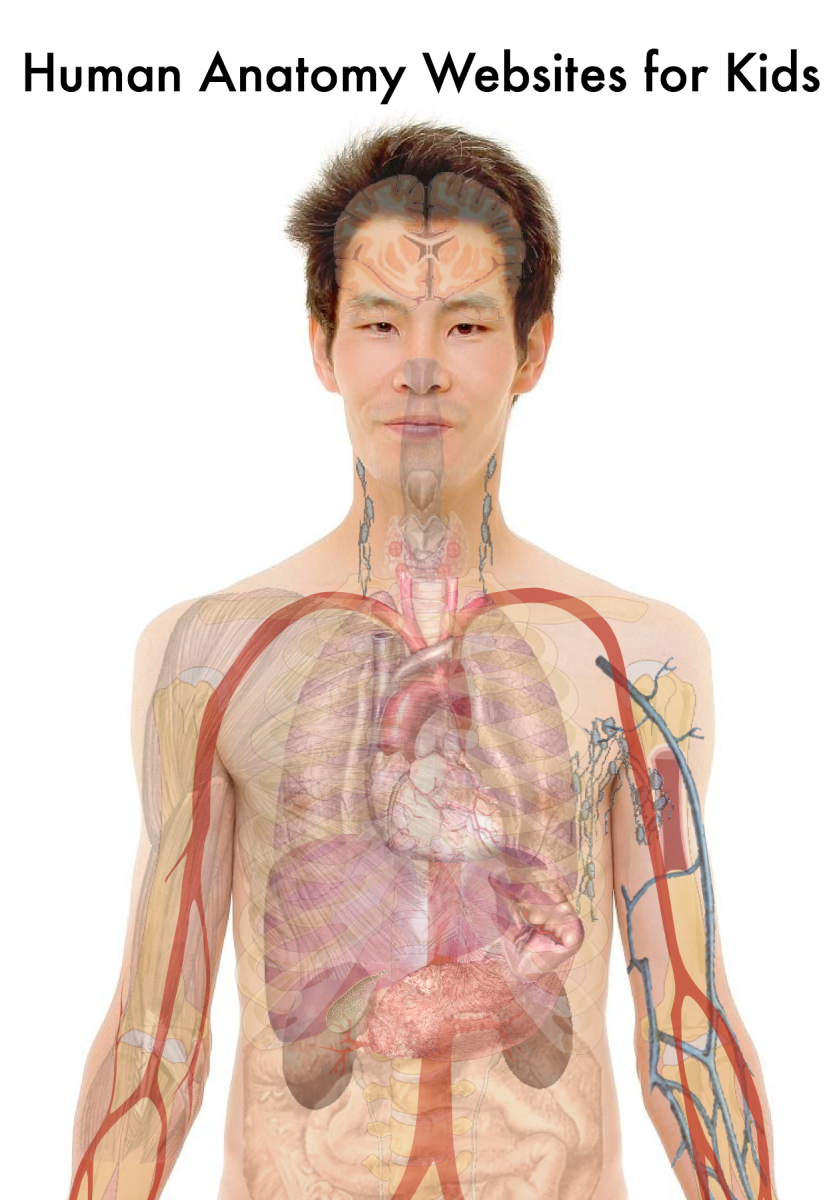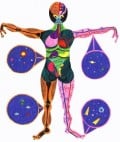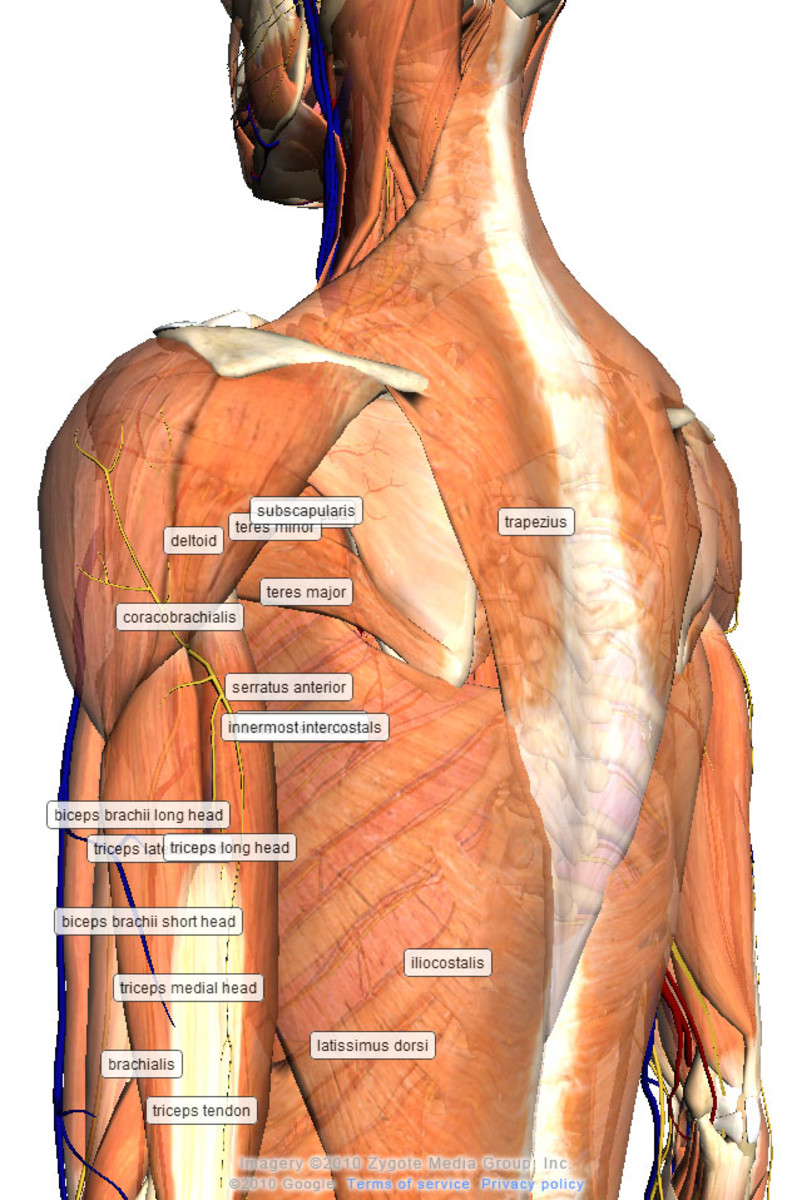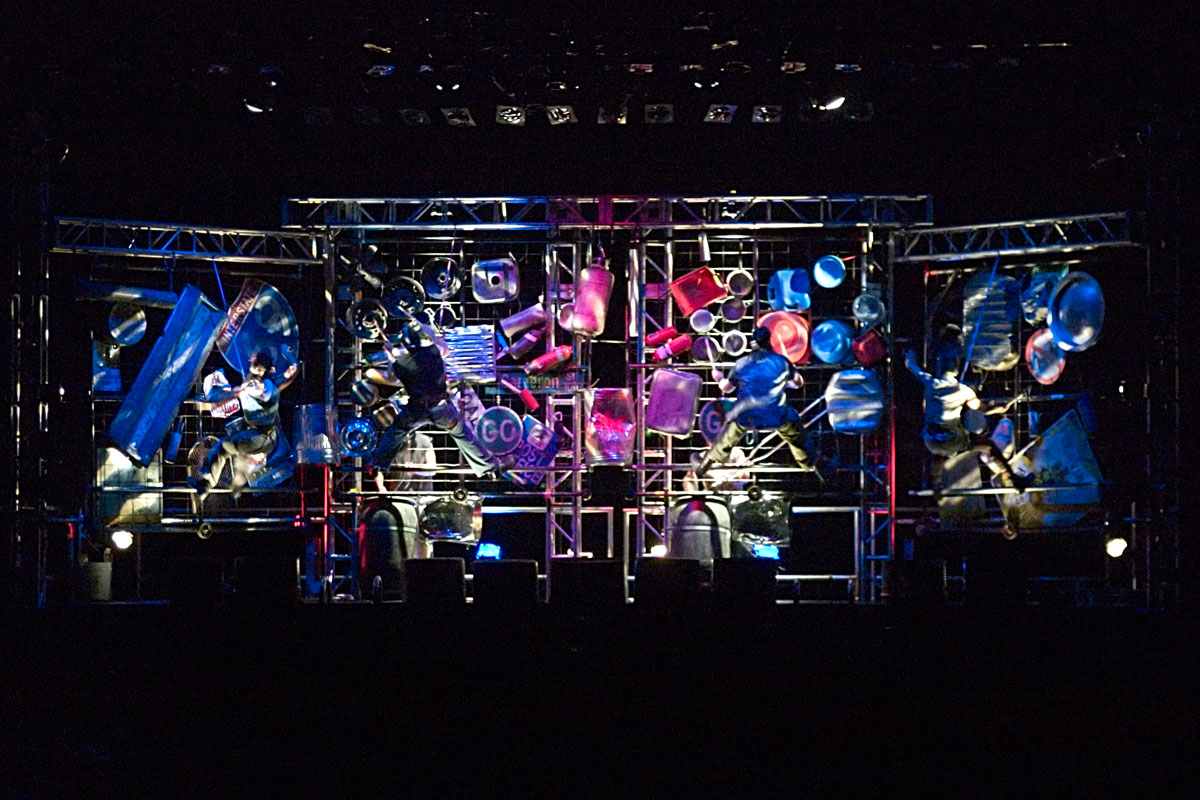Percentages of Water and Its Uses in the Human Body

The human body requires constant replacement of its water content.
Without water, there is no life.
Just as 2/3 of the surface of the planet Earth is made up of water, the human body content is 60%, or about 2/3, water.
Water is essential to successfully maintain the human body, as well as being a key ingredient to all life on earth.
The importance of body water in the human being is second only to its need for oxygen.
Water, Water Everywhere
The percentages of water in the organs of the human body are stated in varying amounts depending on the source. Body mass, or size, also comes into account in percentage measurements.
The chart of percentages below is based on averages calculated from several sources. The lungs, for instance, are said to be made up as high as 90% water, or as low as 80%.
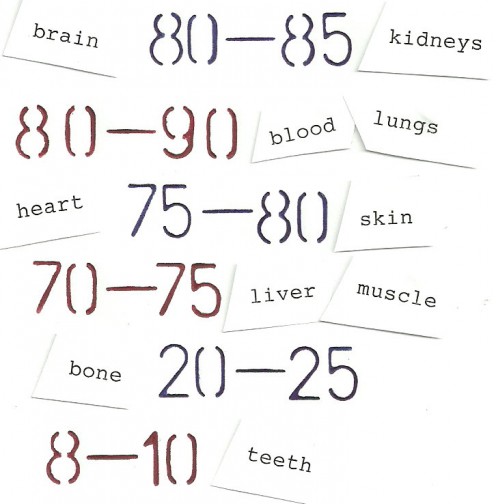
Body Water Content and Fluids
Water content makes up approximately 57-to-60% of an adult human body, dependent upon body size and age.
Biostastitics reveal that variables such as age, weight, and methodology contribute to wide ranges of body water percentages.
The "Textbook of Medical Physiology", by Arthur Guyton, gives the average body water content as 57%. "Anatomy & Physiology for Nurses" states that the content may be as much as 60% for an individual of the average weight of 70 kilograms.
Body water content is comprised of intracellular fluid (2/3 of the total) and extracellular fluid (1/3 of the total). Plasma, interstitual fluid, and transcellular fluid contained within organs comprise extracellular fluid.
Body fluids, secretions, and excretions are primarily made up of water; nutrients and waste materials are carried by water; body digestion and temperature regulation through respiration and perspiration are tempered by water.
Coffee, tea, milk, juices, soft drinks, soups, fruits, and vegetables all contribute to the body's water content.
Conversely, strenuous physical activity that leads to profuse sweating deprives the body of water, which can lead to heat exhaustion and death. Water that the body loses must be replaced.
Determining Total Body Water
In a technical sense, the measurement of an individual's body water is determined by a ratio calculus of dilution and equilibration. Heavy water (D2O-deuterated water) is ingested and allowed to equilibrate, then instrument-measured in a deuterium-to-hydrogen (D:H) ratio as exhaled breath water vapor.
Total body water is measured by determining the breath deuterium content increase.
Hydration for Life
Without water, cells cannot grow, reproduce, or survive, and the entire organism (in this case the human body) dies. The human body can survive for weeks without food, but a lack of water may put the body in jeopardy within a few days.
The percent of body water in an individual expectedly decreases as age increases, but the majority of this decrease occurs during the first 10 years of life growth.
Body Water Maintenance
Water:
** keeps mucosal membranes from drying out (eyes, mouth, etc.)
** stablizes heating and cooling mechanisms
**permits optimal digestive and elimination processes
**allows absorption of life essentials (nutrients)
**delivers body fluids and oxygen
**provides natural moisture in skin tissue
**helps blood flow
** promotes cellular reproduction
Body water replacement is a continuous cycle that must be met for optimal body maintenance and performance.
- 5 Ways to Make Water More Interesting
Discusses how to make drinking water a delight with the addition of such ingredients as honey, or mint.

